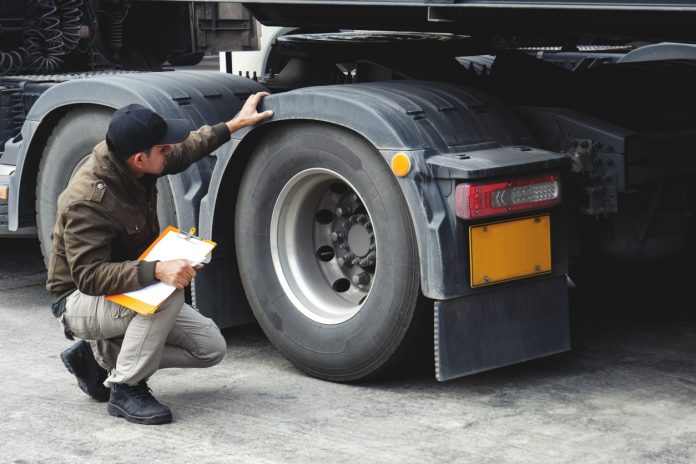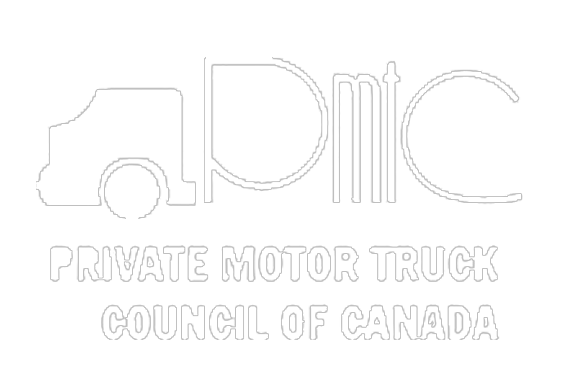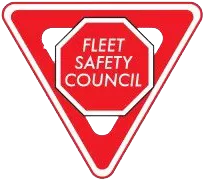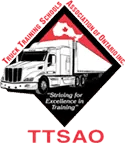This year’s International Roadcheck has been set for May 16-18, according to an announcement by the Commercial Vehicle Safety Alliance (CVSA). The International Roadcheck is an annual three-day event in which CVSA-certified inspectors conduct compliance, enforcement and educational initiatives targeted at various motor carrier, vehicle and driver safety elements.
This year, inspectors will focus on anti-lock braking systems (ABS) and cargo securement, highlighting the importance of these areas of vehicle safety.
The International Roadcheck is the most extensive targeted enforcement program on commercial motor vehicles worldwide. During the inspection blitz, nearly 15 trucks and motorcoaches are inspected, on average, every minute across North America over the three days.
CVSA-certified inspectors in Canada, Mexico and the U.S. will conduct inspections of commercial motor vehicles and drivers at weigh/inspection stations, designated inspection areas and along roadways.
Inspectors put more than 12,000 vehicles and about 4,000 drivers out of service during last year’s blitz. CVSA-certified personnel conducted nearly 59,000 inspections during that three-day blitz, focusing on wheel ends.
In 2022 the most common violations were for brake systems, tires, defective service brakes, lights, and this year’s focus, cargo securement.
False logs put more than 1,900 drivers out of service, while another 1,000 were cited for driving with the wrong class license. Hours-of-service violations, suspended licenses, and no medical cards were the top five reasons drivers cited in 2022. Vehicle out-of-service rates were near 23% in 2022, and a 6.4% driver out-of-service rate.
This May, inspectors will conduct inspections on vehicles and drivers with the data gathered from the threes shared later in the year, providing an overview of the state of commercial motor vehicles and driver safety.
ABS play a critical role in reducing the risk of collisions by preventing the wheels from locking up or skidding, allowing a driver to maintain control of the vehicle while braking. ABS violations are not out-of-service violations.
Improper cargo securement poses a serious risk to drivers and other motorists. It can adversely affect the vehicle’s manoeuvrability and, potentially worse, cause unsecured loads to fall, resulting in traffic hazards and vehicle collisions.
International Roadcheck also provides an opportunity to educate the motor carrier industry and the general public about the importance of safe commercial motor vehicle operations and the North American Standard Inspection Program.
According to CVSA, during a routine North America Standard Level 1 Inspection, inspectors focus on driver and vehicle safety compliance.
Vehicle Safety:
Inspectors conduct a thorough examination that will ensure the vehicle’s brake systems, cargo securement, coupling devices, driveline/driveshaft components, driver’s seat, fuel and exhaust systems, frames, lighting devices, steering mechanisms, suspensions, tires, wheels, rims, hubs and windshield wipers are compliant with regulations. Inspections of motorcoaches, passenger vans and other passenger-carrying vehicles include emergency exits, seating, and electrical cables and systems in the engine and battery compartments.
Driver safety:
Inspectors will check the driver’s operating credentials, hours-of-service documentation, status in the drug and alcohol clearinghouse, seat belt usage, and for alcohol and or drug impairment.
Vehicles that successfully pass a Level I or Level V Inspection without any critical vehicle inspection item violations may receive a CVSA decal, valid for three months. Should an inspector identify critical inspection item violations, as outlined in the North American Standard Out of Service Criteria, the vehicle with be restricted from operating until those violations are corrected. ‘
Inspectors may also restrict a driver from operating if the driver is discovered to have out-of-service driver violations, such as not possessing a valid or necessary operating license or exhibiting signs of impairment.
CVSA’s law enforcement member jurisdictions in cities, states, districts, provinces and territories in Canada, Mexico and the U.S. participate in International Roadcheck with support from trucking associations, transportation safety organizations and federal agencies, such as the Federal Motor Carrier Safety Administration, Transport Canada and Mexico’s Ministry of Infrastructure, Communications and Transportation.
The Commercial Vehicle Safety Alliance (CVSA) is a nonprofit organization comprised of local, state, provincial, territorial and federal commercial motor vehicle safety officials and industry representatives. The Alliance aims to prevent commercial motor vehicle crashes, injuries and fatalities and believes that collaboration between government and industry improves road safety and saves lives.








